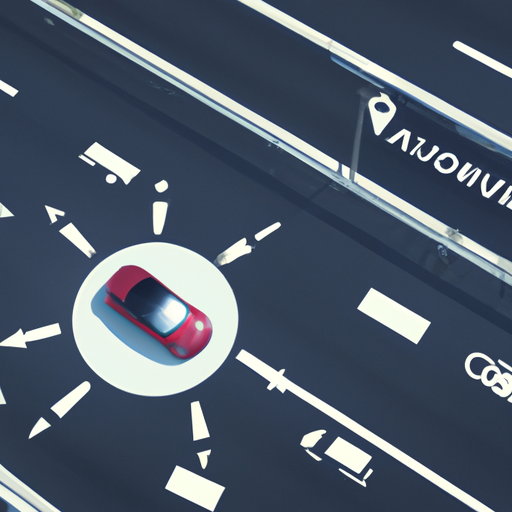As technology evolves, the transportation landscape is set to undergo a monumental change with the rise of autonomous vehicles. These self-driving cars are not just a figment of science fiction; they are becoming a tangible reality that promises to reshape how we think about mobility.
What Are Autonomous Vehicles?
Autonomous vehicles, also known as self-driving cars or driverless vehicles, utilize a combination of software, sensors, and artificial intelligence to navigate without human intervention. The goal of this technology is to reduce accidents, improve traffic efficiency, and provide greater accessibility for all.
Benefits of Autonomous Vehicles
- Safety: One of the most significant advantages of autonomous vehicles is the potential to reduce traffic accidents caused by human error, which accounts for a majority of vehicular incidents.
- Efficiency: Autonomous vehicles can optimize routes and minimize traffic congestion, leading to reduced travel times and fuel consumption.
- Accessibility: Self-driving technology provides new mobility options for those unable to drive, including the elderly and individuals with disabilities.
- Environmental Impact: By improving efficiency, autonomous vehicles may also contribute to lower emissions and a reduced carbon footprint.
Challenges Facing Autonomous Vehicles
Despite the promise of vehicle automation, several challenges need addressing:
- Regulatory Hurdles: Governments around the world are still figuring out laws and regulations for autonomous vehicles, which can slow down their deployment.
- Technological Reliability: Ensuring that self-driving technology is reliable in all circumstances remains a challenge, especially in complex urban environments.
- Public Acceptance: Gaining public trust in autonomous vehicles is essential. Many people have concerns about safety and privacy.
The Future is Here
The race to bring self-driving cars to the masses is on, with companies such as Tesla, Waymo, and Uber leading the charge. As these technologies continue to develop, we can expect significant changes in how we perceive transportation and mobility.
In conclusion, the future of transportation lies in autonomous vehicles, and as the technology matures, the potential benefits will outweigh the challenges. Prepare to embrace this exciting transition and witness how smart cars could transform our daily lives.
Stay Updated
Keep an eye on advancements in autonomous vehicles—subscribing to industry newsletters and following relevant blogs can help you stay informed about the future of transportation!








